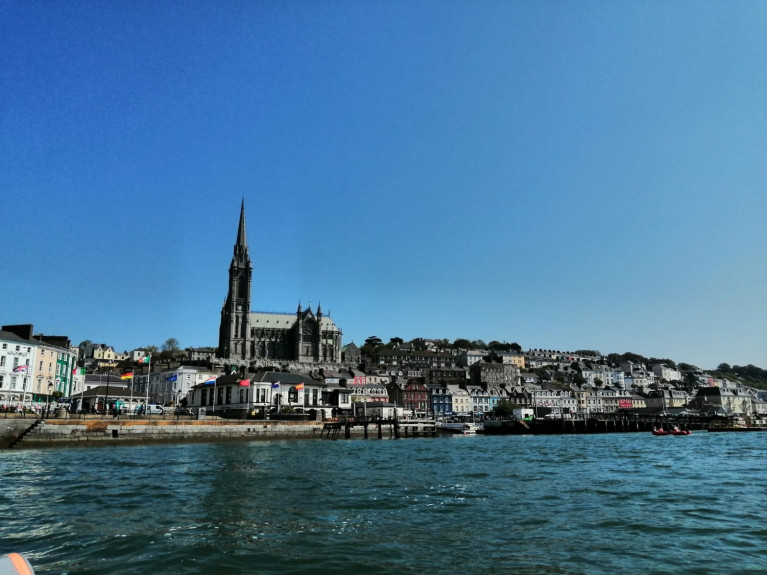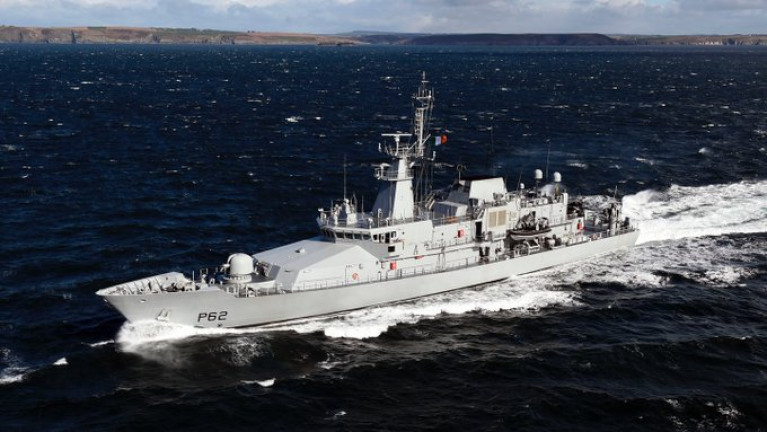Displaying items by tag: Belgian trawler
Crew of Belgian Trawler Self-Isolating in Cobh Over Covid Concerns
In Cork Harbour, the master and crew of a Belgian-registered trawler are self-isolating on board the fishing vessel in Cobh (last night, 24 Aug) pending the outcome of Covid-19 testing.
As RTE News reports, the crew of the 'Vaya Con Diaz' were advised by the Marine Survey Office (MSO) that they could not unload their catch and to stay onboard after the trawler arrived into port (yesterday).
The MSO had been alerted by the Irish Naval Service after one of its vessels had encountered the trawler during routine fishery protection duties yesterday.
When the Navy announced their intention to board the vessel to carry out a routine inspection of the catch, and asked about the wellbeing of the crew, the master told them that there was a person on board with a cough and chest pains.
The Navy then deemed that the risk was too high to conduct a routine inspection.
More here on the story.
As Afloat referred to LÉ James Joyce recent Irish Sea presence in Dublin Bay, the Irish Naval Service vessel has since detained a Belgian registered fishing boat approximately 65 nautical miles south-east of Mizen Head.
The boat, Journal.ie reports, was detained (on Sunday) afternoon due to alleged breaches of fishing regulations. The LÉ James Joyce escorted the vessel to Castletownbere, Co Cork, where it was handed over to the gardaí.
This is the first vessel detained by the Naval Service in 2021.
The Defence Forces conducts at sea fishery inspections in line with the service level agreement with the Sea Fishery Protection Authority, as part of its delivery of government services to the state.
The LÉ James Joyce has been in operation since 2015. The Naval Service previously deployed it to the Mediterranean to help save migrants and refugees seeking to make their way to Europe.































































